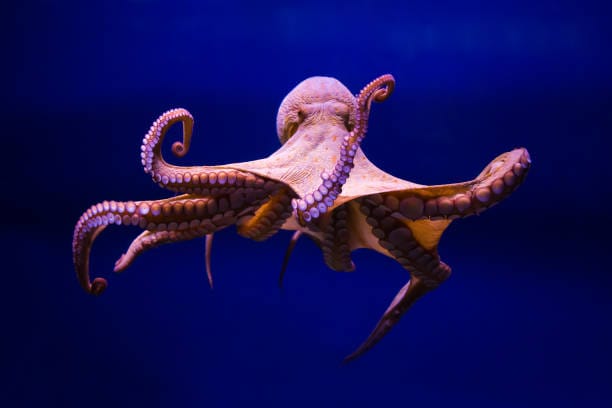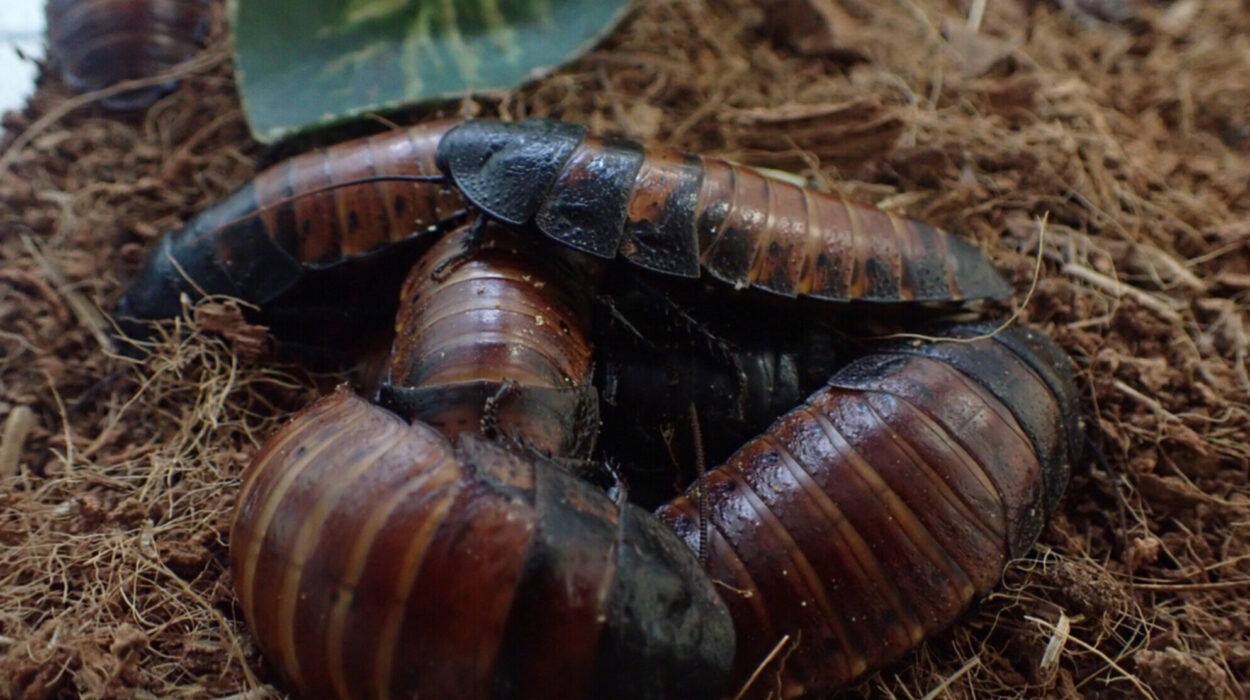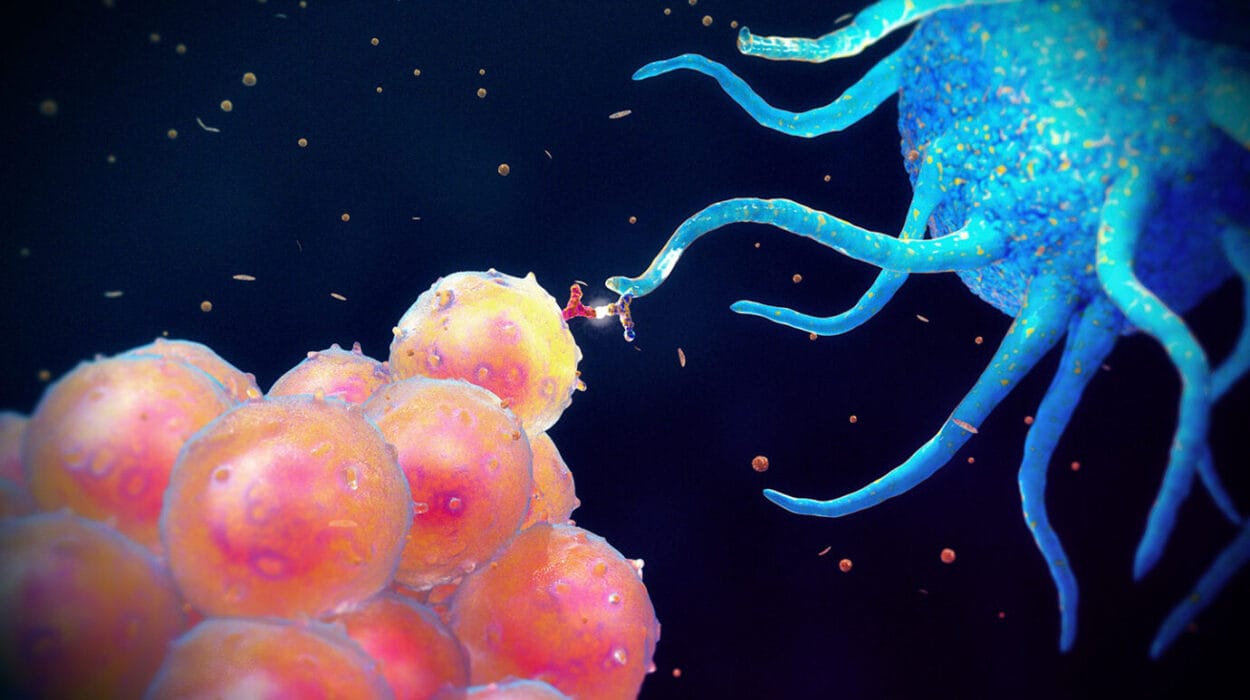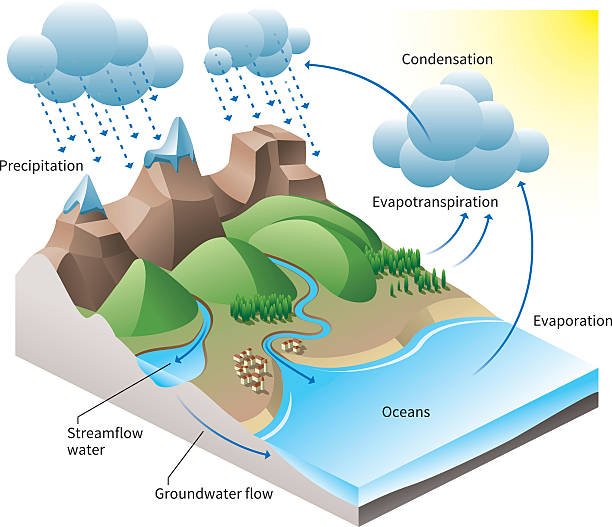Imagine a creature so alien to our understanding of the animal kingdom, its very existence challenges everything we know about intelligence, consciousness, and the natural world. A creature that can change its shape and color with a mere thought, solve puzzles, escape tanks, and even recognize individual human faces. This is no alien from a sci-fi movie—this is the octopus, a being with not one, not two, but nine brains, each one helping it perform extraordinary feats that defy our wildest imaginations.
The octopus, long regarded as one of the most intelligent invertebrates on the planet, has an intelligence that often rivals some of the most complex animals on Earth. Yet, it’s not just its intellectual prowess that makes the octopus an enigma—it’s the very way it thinks and perceives the world. Unlike us, its brain is divided, its thinking spread across its body. It’s a master of camouflage, a Houdini of the ocean, and a creature that pushes the limits of what we thought possible for an invertebrate.
The Science Behind the Brainy Beast
An octopus has a central brain, but it also has a brain in each of its eight arms. Yes, eight arms, each equipped with its own mini-brain capable of acting autonomously. This unique structure allows the octopus to process complex tasks and movements in ways that humans—who rely on a single centralized brain—cannot comprehend.
The central brain, located in the head, is responsible for general control and complex cognitive tasks, much like the brain in higher vertebrates. It governs behavior, decision-making, and problem-solving. But what’s truly fascinating is the fact that each of the octopus’s arms contains its own “mini-brain” in the form of a cluster of neurons located at the base of each arm. This decentralized brainpower means that the arms can move and make decisions independently, even without input from the central brain.
In a way, the octopus’s brain is distributed in a manner more akin to a network of connected brains rather than a singular organ. This allows the creature to multitask and solve problems with remarkable agility. When an octopus reaches for an object, its arms act as independent agents, each making decisions and adjusting their movements based on sensory input. This creates a fluidity of movement and an astonishing level of coordination, with the arms seemingly working in harmony yet making autonomous decisions.
Imagine trying to solve a puzzle with eight separate people, each with their own skill set, working independently toward the same goal. That’s how the octopus operates, and it’s this very system that makes it one of the ocean’s greatest problem-solvers.
A Mind Beyond Mere Instinct
While many animals, including humans, rely heavily on their brains to make decisions and interpret their surroundings, the octopus demonstrates a unique ability to use its body and environment to enhance its intelligence. For the octopus, the mind is not just confined to its central brain. Its intelligence extends across its entire body, as each arm is capable of learning and responding to its surroundings.
This is most evident when observing an octopus’s ability to use tools. Octopuses have been known to carry coconut shells, rocks, and even pieces of coral to shelter themselves or as a form of protection against predators. This use of tools, long thought to be a hallmark of advanced intelligence, challenges our ideas about what it means to be “smart.”
The famous case of an octopus in a laboratory setting further highlights their incredible abilities. In one experiment, an octopus named “Inky” managed to escape its enclosure by squeezing through a small gap and traveling hundreds of meters to the safety of the ocean. This escape required problem-solving, memory, and an understanding of its environment, showing that the octopus’s intelligence isn’t merely instinctual but based on complex reasoning.
But what sets the octopus apart from many other intelligent animals is its approach to problem-solving. Unlike many animals that approach challenges with a trial-and-error method, the octopus exhibits an almost “calculated” approach. It’s not uncommon for an octopus to pause, observe its surroundings, and consider various options before acting. This suggests a level of cognitive processing and planning that we rarely associate with non-human animals.
The Enigmatic Behavior of the Octopus
One of the most fascinating aspects of octopus intelligence is its ability to display behavior that hints at personality and consciousness. Octopuses are known to be solitary creatures, and they have been observed to exhibit different moods and behaviors depending on their environment. Some are shy, hiding in crevices or under rocks, while others are curious and exploratory, interacting with objects in their tanks or trying to engage with nearby observers.
This variability in behavior suggests that the octopus is more than just a stimulus-response machine—it seems to possess a sense of individuality and perhaps even emotions. For example, octopuses can exhibit play-like behavior, such as manipulating objects for the sheer enjoyment of it, much like dolphins or primates. This opens up intriguing questions about the emotional and cognitive experiences of octopuses, and whether they are capable of emotions such as boredom, curiosity, or even joy.
A well-documented instance of octopus intelligence involved a laboratory octopus who displayed an ability to open a jar to retrieve a food reward. The octopus not only figured out how to unscrew the lid but did so in a precise and deliberate manner, a task that could have easily stumped other animals. This demonstrated both problem-solving abilities and a clear understanding of cause and effect, a trait often associated with higher cognitive function.
Beyond puzzles, octopuses also possess an extraordinary ability to communicate with their environment through color and texture changes. With specialized skin cells known as chromatophores, the octopus can alter its color and even its texture to blend in with surroundings, an ability that helps it avoid predators, hunt prey, or simply interact with its environment. This mastery over camouflage suggests a level of sensory awareness that is beyond simple reflex—it requires an understanding of its environment in real-time.
The Intelligence of Escape Artists
One of the most iconic demonstrations of octopus intelligence comes from their ability to escape from enclosures. In fact, octopuses have earned a reputation as “escape artists,” thanks to their remarkable ability to slip out of seemingly secure tanks. Their soft, flexible bodies can squeeze through the tiniest of openings, and once they identify an escape route, they can act with astonishing speed and precision.
The most famous case of an octopus escape artist occurred in 2008, when an octopus named “Octavia” managed to escape from the National Aquarium in New Zealand. The aquarium staff found Octavia had squeezed through a small gap in her tank, traveled across the floor, and ended up in a nearby drain, from which she managed to find her way back to the ocean. This level of problem-solving, combined with a spatial awareness of the layout of her environment, demonstrated the depth of Octavia’s cognitive abilities.
Researchers who study octopuses in captivity often note that their escape attempts are not driven purely by the need for freedom but seem to be rooted in curiosity. When an octopus escapes from its enclosure, it doesn’t necessarily flee in panic. Instead, it explores its surroundings methodically, often investigating the area before making a calculated escape. This calculated risk-taking suggests a cognitive sophistication that goes beyond basic survival instincts.
Emotional and Social Intelligence: A Window to the Mind
While octopuses are solitary creatures by nature, their intelligence extends beyond just survival or individual problem-solving. In fact, research has begun to suggest that octopuses might possess emotional intelligence as well. Their interactions with each other in certain contexts—such as mating or territorial disputes—have revealed signs of sophisticated communication and emotional responses.
For example, male and female octopuses display distinct courtship behaviors, with males using specific gestures or changes in color to signal their intentions. In some species, males will even engage in intricate dance-like movements to impress females. These behaviors hint at the octopus’s ability to perceive and respond to the emotions and intentions of others, suggesting a level of social intelligence that is rarely observed in other animals.
Additionally, octopuses have been observed to recognize individual humans and even form preferences for certain people. In some instances, octopuses have been known to respond more positively to the researchers they know, showing curiosity or excitement when interacting with them, while remaining cautious or indifferent toward strangers. This suggests a capacity for memory, recognition, and possibly even attachment, all of which are qualities typically associated with more socially advanced species.
An Alien Mind in a Familiar World
Despite their complex cognitive abilities, octopuses remain deeply mysterious creatures. Their behavior and intelligence continually challenge our understanding of consciousness, emotions, and intelligence. They are, in many ways, like little aliens on Earth—seemingly disconnected from the evolutionary path that led to mammals, birds, or even fish. They are living proof that intelligence can arise from entirely different evolutionary circumstances.
The way octopuses think, perceive, and experience the world is so different from us that it forces us to question our own assumptions about what intelligence is. Can a creature with no backbone, no unified social structure, and a body entirely different from ours truly be as intelligent as, say, a chimpanzee or a dolphin? In the case of the octopus, the answer seems to be yes.
We may never fully understand the depths of an octopus’s mind, but one thing is clear: these creatures are far more intelligent, complex, and aware than we ever imagined. In the dark, mysterious depths of the ocean, octopuses thrive—not just as survivors, but as thinkers, problem-solvers, and, perhaps, sentient beings in their own right.






